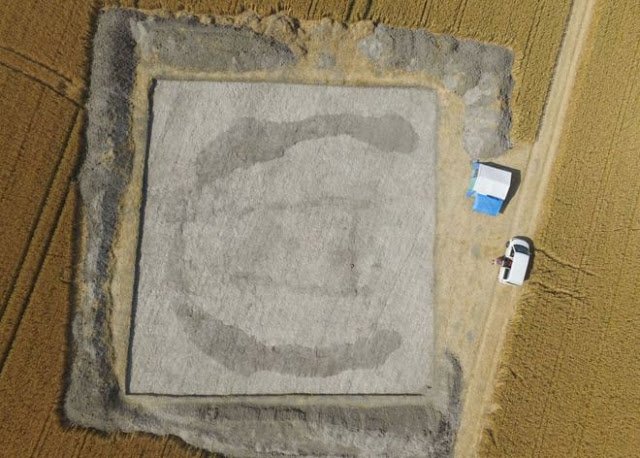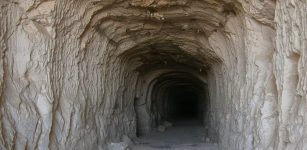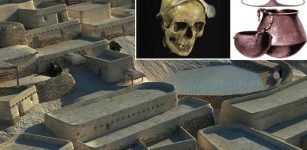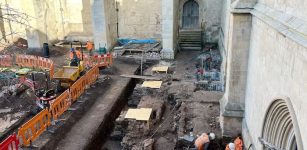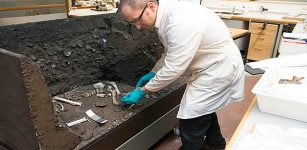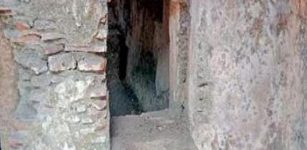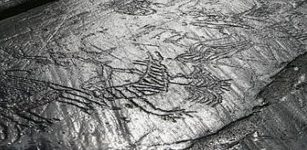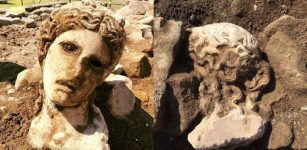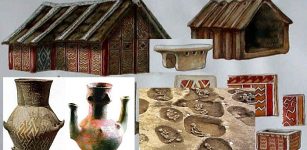Prehistoric House Of The Dead Discovered In Wiltshire – Is This The Burial Place Of Ancestors Of Stonehenge Builders?
AncientPages.com - Archaeologists excavating in Wiltshire have discovered a 5,000-year-old House of Dead. Could this be the burial place of the ancestors of Stonehenge builders?
Researchers from University of Reading as well as volunteers from the area, have investigated the site of a Neolithic long barrow burial mound in a place known as Cat's Brain - the first to be fully investigated in Wiltshire in half a century.
A ‘House of the Dead' has been discovered in Wiltshire. Image credit: University of Reading
The monument, which predates nearby Marden Henge by over 1,000 years, may contain human remains buried there in around 3,600 BC. The monument was first spotted by aerial photography and followed up by geophysical survey imagery.
The Cat's Brain long barrow, found in the middle of a farmer's field halfway between the iconic prehistoric monuments of Avebury and Stonehenge, consists of two ditches flanking what appears to be a central building. This may have been covered with a mound made of the earth dug from the ditches, but has been ploughed flat over many centuries.
See also:
Mysterious Secret ‘Square’ Discovered Beneath Avebury Stone Circle
Mysterious Night-Time Ceremonies Were Held Around The Huge Ancient Wiltshire Circle
The monument dates to the early Neolithic period - an era representing the earliest agricultural communities in Britain, and the first monument builders. The last long barrow to be fully investigated in Wiltshire was in the 1960s.
This analysis will provide crucial evidence for the people and society in Britain during this remote period.
Drone footage showed features which could not be seen from the ground. Image credit: University of Reading
In addition to the Cat's Brain long barrow site, the University of Reading's Archaeology Field School is working at Marden henge, the largest henge in the country, built around 2,400 BC, also within the Vale of Pewsey. Little archaeological work has been carried out in the Vale, especially compared with the well-known nearby sites of Avebury and Stonehenge. The project aims to fill this gap in our knowledge and highlight the importance of the area in the Neolithic period.
"This incredible discovery of one of the UK's first monuments offers a rare glimpse into this important period in history. We are setting foot inside a significant building that has lain forgotten and hidden for thousands of years," Amanda Clarke, co-director of the Archaeology Field School, said.
AncientPages.com

